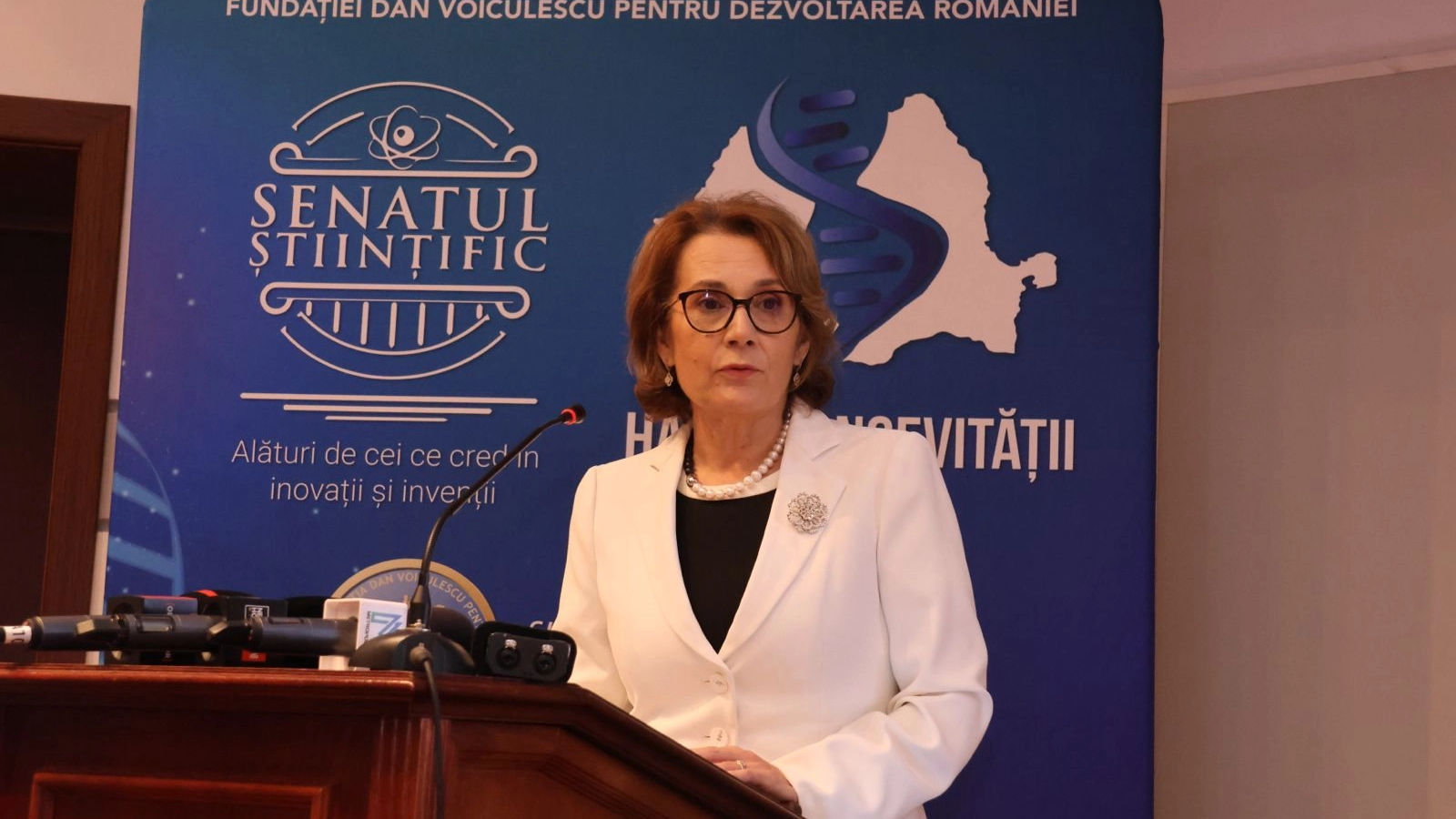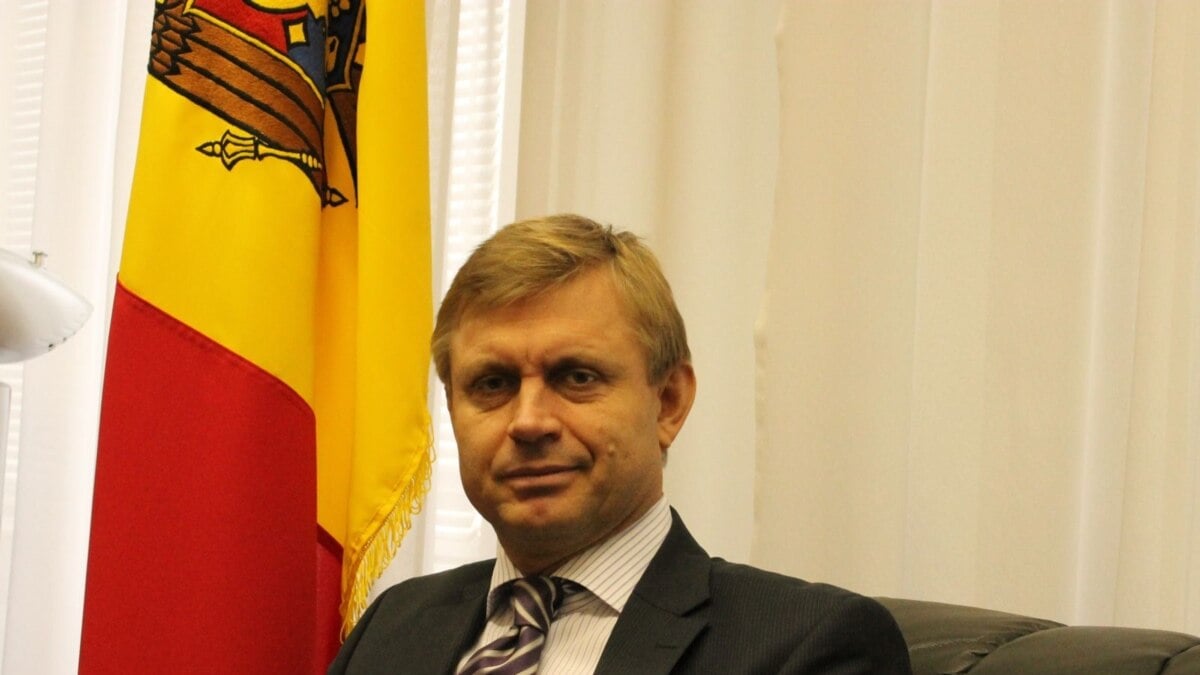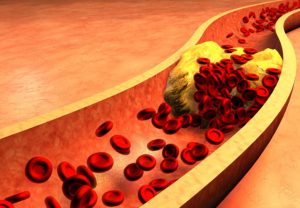Digital space is part of a child's life and the state has a duty to protect them there just like in real life, said Nicoleta Pauliuc, chairwoman of the Senate Committee on Defense, Public Order and National Security, on Thursday.
"How do we protect the Romanian child in the digital struggle without isolating him from it? My answer to this question is the Online Age Law - an initiative born from dialogue, reality and partnership. (...) We all consider it a solution (ed. draft law). We are at the beginning, in an area that we are exploring together, but I believe that for the ultimate goal, the safety of our children in the online environment, we will all sit down at the table and find the best solution. For the first time, Romania has publicly recognized that the digital space is part of the child's life and that the state has the duty to protect there just as in real life. This law does not prohibit, does not punish or isolate. It imposes on parents the right and power to be present in the digital life of their children up to the age of 16. It imposes on digital platforms the obligation to respect age, not to collect data abusively and not to turn the child into a commercial target and especially to bring an essential idea to the center of public policies - child protection does not end at the school door", said Pauliuc on the occasion of the 20th anniversary event of the National Federation of Parents - Edupart, held at the Parliament, agerpres reports.
During the event, Patriarchal Vicar Bishop Vaarlam Ploiesteanul presented the message of Patriarch Daniel, who emphasized the importance of cooperation between family, school and Church in raising and educating children.
"The Church blesses the family and guides it on the path of salvation and holiness, and the family extends the Church: people born into a Christian family do not only enter the human community or society, but, through the Holy Sacrament of Baptism, they enter the ecclesial community, into the paternal and filial love of the Holy Trinity. In a Christian family, the child grows in love for God and for people, forms a bright way of understanding the world and life, the first habits and the religious-moral character. Therefore, Saint John Chrysostom urges parents to cultivate good teachings in the souls of children as early as possible," Patriarch Daniel conveyed.
In his opinion, the weakening of faith, of parental, filial and brotherly love, the neglect of education in the family lead to the weakening of the family's connection with the Church, to spiritual neglect and decline.
At the same time, the patriarch claims in his message, the family crisis is manifested in the abandonment of children by parents and of parents by children, in the large number of abortions and divorces, in the increase in domestic violence and juvenile delinquency, in the danger of drugs and various addictions, in the promotion of unusual family "models".
"Today, the Church defends the dignity of the family in a society in crisis of spiritual values ??and subject to permanent changes, which minimize the primary role of parents in educating children. (...) Every child needs the family and the school, which the Church joins from the first day of life, to work together for his physical, intellectual and spiritual growth. In the family, school and ecclesial space, the Church supports an integral education of children and young people, capitalizing on the formative specificity of religious education. Religion Class in schools and the main national catechetical program, called Christ shared with children, discover for children and young people the profound Christian meaning of life, offer essential landmarks for personal and community development, cultivate love for God and people, but also for the entire creation of God, promote communion between generations, discover vocations and cultivate them for the good of society," the Patriarch's message also states.
The Chairman of the Education Committee of the Chamber of Deputies, Mihai Ghigiu, stated that education does not stop at the school gate, but continues at home, in the family.
"Education cannot alone, the school cannot alone take the steps we want in the coming period. (...) I believe that this communication (ed. - between the school and parents) suffers quite a lot. It suffers because of the decision-makers. There are shadows in the system. But the light appears if we communicate. Never, no matter what position we are in, the shadows do not disappear just if we monologue, they disappear if we have a real dialogue. I believe that dialogue is essential if we want to talk about the evolution of the school. We need closer and more sincere communication," Ghigiu emphasized.
In turn, the chairman of the Senate Education Committee, Irineu Darau, appreciated that more women are needed in the decision-making area of ??education.
"I believe that women have an extraordinary role in the classroom, in school management and in the family, and they must find this weight in decision-making, including in Parliament. What should be improved in education in Romania is to have some very clear priorities, with concrete measures and plans for implementing those public policies. I think that's missing," said the senator.
The Senate adopted at the beginning of October the legislative proposal regarding online legal age, which stipulates that minors, until they reach the age of 16, access online services and create personal accounts, in their own name, only based on verifiable parental consent.
The restriction does not apply to online platforms dedicated to learning authorized at national level by the Ministry of Education and Research or at European level by the competent authorities.
The Online Age of Majority Law, initiated by a group of PNL, PSD and UDMR parliamentarians, aims to establish measures to protect minors against harmful content accessible through online services, in order to ensure their appropriate physical, mental and moral development.
































Comentează